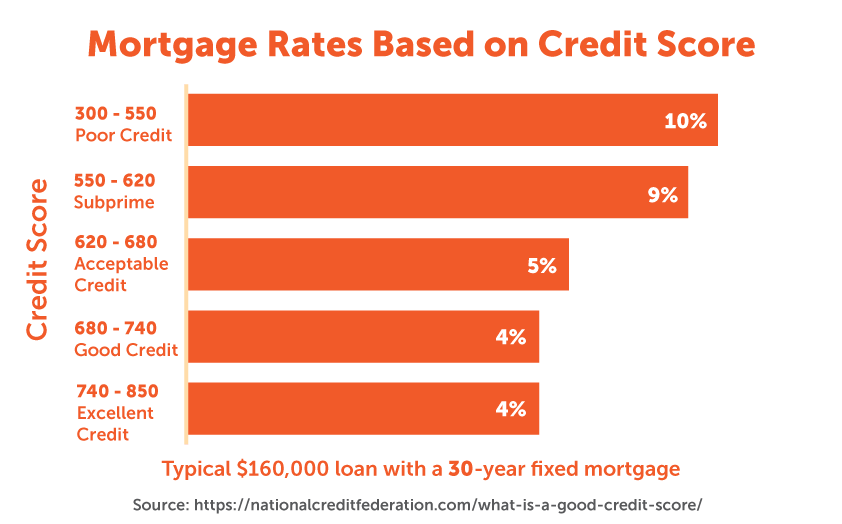Credit Cards Based On Credit Score
. Credit Cards. Best of.
Compare cards. Reviews.

Read & learn. Banking. Best of.
Credit Cards Based On Your Credit Score
Compare accounts. Reviews. Read & learn. Investing. Best of. Reviews.

Credit Cards Credit Score 550
Popular tools. Guides. Mortgages. Best of. Compare. Calculators. Read & learn.
Loans. Personal.
Small business. Student. Auto. Insurance. Auto. Life.
Money. Managing Money. Ways to save. Making money. Life events.

Travel. Travel.
Best of. Compare cards. Reviews. Read & learn. Applying for a credit card is a bit like asking someone out: Your chances of success are higher when you already know the other party is interested. Going in blind could leave you open to pain and rejection.In both cases, compatibility is often the key. If you apply for credit cards that aren’t compatible with your credit score, you may be denied.
Fico Score 640 Credit Cards
And because an issuer makes a “ “ on your credit report every time you apply for a card, each new application can put a small dent in your credit score.If you keep reapplying after you’re denied, that may mean further damage to your score — especially if it’s already low.Knowing your credit score makes the application process less of a gamble. You’ll apply for the right cards and build or maintain a healthy credit profile. Here’s how.» MORE: Know your credit scoreYour credit score is a number that indicates your credit risk to lenders. There are many types of credit scores, but lenders usually refer to your FICO score or VantageScore to decide whether you’re creditworthy.
The higher the score, the likelier you are to pay your bills on time. Low scores may result in denied applications.The information in your credit report determines how your score gets calculated. Credit reports record your payment history, details about open or closed accounts, and information about loans you’ve taken. Every month, credit card companies offer these updates to at least one of the three major credit bureaus — Equifax, Experian or TransUnion. (You can request a free copy of your credit report from each of the bureaus every year at.)Both FICO and VantageScore credit scores range from 300 to 850.
The rating of a credit score depends on the credit score type. Card issuers use these score ranges in sorting credit card applicants. Credit scoreCredit ratingPopular credit cards for this rangeBelow 630Bad credit.630 to 689Average credit.690 and upGood to excellent credit.With bad credit, you may be denied for a card or have to pay a fee or deposit to get approved for it.
Subprime lenders might consider fair credit, but those credit cards might come with a high annual percentage rate and many fees. The higher your score, the better the rates you’ll get from lenders. This is useful when you’re applying for a new credit card, a car loan, a mortgage or any other type of loan.There are exceptions, of course. Even with a good credit score, you can still get denied if you have high month-to-month debt or missed payments. Credit card companies consider a person’s entire credit picture when they approve or deny applications.
Applying for cards based on your credit scoreKnowing your credit score improves your odds of getting accepted for a credit card in your range. You’ll also know where there’s room for improvement if your credit score is low.A secured credit card offers a second chance at building credit. A requires a cash deposit as collateral and sometimes an annual fee. The amount of the deposit often determines your credit limit.
Seek a credit card that reports to all three credit bureaus so that your payment history gets recorded by all of them. Some issuers offer the option to eventually upgrade to a regular unsecured card — and get your deposit back — without having to close the account, which will be.Credit cards for average credit can inch you toward a better score. If an issuer approves you for a card that requires average credit, you likely won’t get a competitive interest rate. You also likely won’t have as many options when it comes to perks or rewards, but some do offer them. To make these cards work for you, avoid interest by paying off your balance in full each month. This way, you’ll continue to build good credit.With good to excellent credit, your options are plentiful. In this credit score range, you have your pick of rewards: cash-back credit cards, travel credit cards and low-interest credit cards.
You’ll get the most value when you choose a card that matches your spending habits and lifestyle. Earn a percentage of cash on qualifying purchases. Offer many perks, which can include free flights, hotel stays or checked bags.
These cards are ideal when you don’t keep a balance on your card. Otherwise, a with a 0% APR period can save you money in interest.Knowing your credit score can help you get within reach of any long-term goals for credit. You’ll apply for the right credit cards, and you’ll be less likely to ding your score in the process.Melissa Lambarena is a staff writer at NerdWallet, a personal finance website. Email: mlambarena@nerdwallet.com. Twitter: @LissaLambarena. Erin El Issa contributed to this report.Dartboard image via Shutterstock.